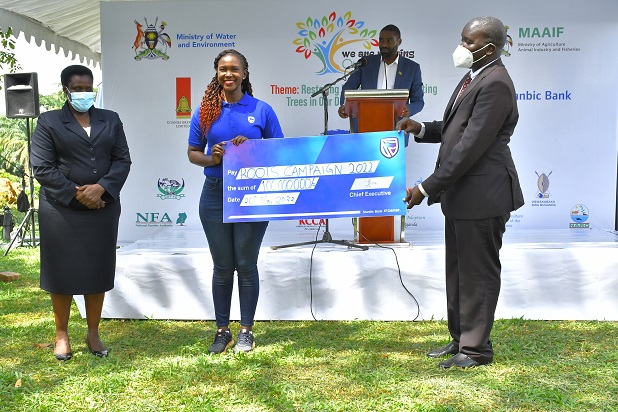A new report has revealed that half of the pregnancies in the Acholi Sub-region in 2022 were unintended, with the bulk recorded in the districts of Amuru and Agago.
The 2022 survey report conducted by Makerere University School of Public Health indicates that 50.7 percent of girls and women between 15 and 49 years never intended or planned to conceive last year.
The report was presented on Tuesday in Gulu City during the Regional Family Planning dialogue and dissemination of the Performance Monitoring for Action 2022 survey results for the Acholi, West Nile, and Lango Sub-regions.
Presenting the report, Dr. Simon Peter Kibira, a Co-Principal Investigator at Performance Monitoring for Action (PMA) notes that the trend is high and worrying that calls for concerted efforts from all stakeholders.
“This is a wakeup call for us, what quality of population do we want to have and what message can we tell there as a CAO, DHO? how do we ensure that people plan for the children that they want to have?” says Dr. Kibira.
According to the survey report, unwanted pregnancies in the Lango sub-region stood at 57.9 percent while West Nile Sub-region had the highest in the region with a total of 62.6 percent.
The report also indicates that unwanted pregnancies recorded in the region were high among girls and women aged between 15-19 years in the last three years.
Dr. Kibira notes that the percentage of unwanted pregnancies particularly in the West Nile Sub-region indicates six of every ten children being produced in the region in the last five years were unintended.
He says there is a need to carry out more sensitization on family planning as an alternative way of planning for families to reduce the high burden that comes with unplanned children.
Acholi Sub-region in particular witnessed a sharp rise in teenage pregnancies with a total of 16,228 cases registered among girls aged 15-19 years in 2021 alone according to the National Population Council report.
For instance, in Amuru District alone, a total of 6,166 teenage pregnancies were registered between 2021 and 2022. Meanwhile, Agago district came second with 5,114 cases of teenage pregnancy.
John Ampire, the Principal National Program Officer at National Population Council says the country is facing a high fertility rate citing that on average a woman produces 5.4 children.
He, however, says in the Acholi Sub-region, the fertility rate is higher than the national average, especially in the districts of Agago and Lamwo where on average every woman produces between 7.6 to 9.8 children.
According to Ampire, a high fertility rate is a hindrance to development since it slows down the rate at which families save their finances.
He notes that the country is currently promoting safe spacing of children so that parents are able to provide for the basic needs and educate their children which in turn curbs unintended pregnancies, especially among girls.
Ampire however notes that with nearly half of the pregnancies in the country being unintended, there is a high rate of unsafe abortions which can only be further curbed through the use of family planning.
According to the National Population Council, an estimated 415,000 abortions are conducted annually in the country with about 96 percent of them being unsafe.
During the dialogue, various stakeholders revealed that whereas family planning especially the use of modern contraceptives is important in child spacing, the initiative has been meeting resistance from men who bar their spouses from using it.
The Patiko Clan Chief Collins Muttu Atiko II says there is a need for the government and other stakeholders to work hand in hand with the cultural institution to help in information dissemination regarding family planning.
The Acting Koboko District Health Officer Florence Adiru noted that male involvement in Family planning in the district remains low which calls for more awareness campaigns.
She notes that most women are currently taking the risk to use family planning illegally without the knowledge of their spouse in fear of conflicts.
A survey conducted between September and November last year by Makerere University School of Public Health shows that the use of contraceptives among all women of age 15-49 increased from 35 percent in 2020 to 40 percent in 2021. The finding indicates the use of modern methods of contraception increased from 29.5 percent to 34 percent while those using traditional methods of birth control rose slightly from 5.5 percent in 2021 to 5.9 percent.
–URN





